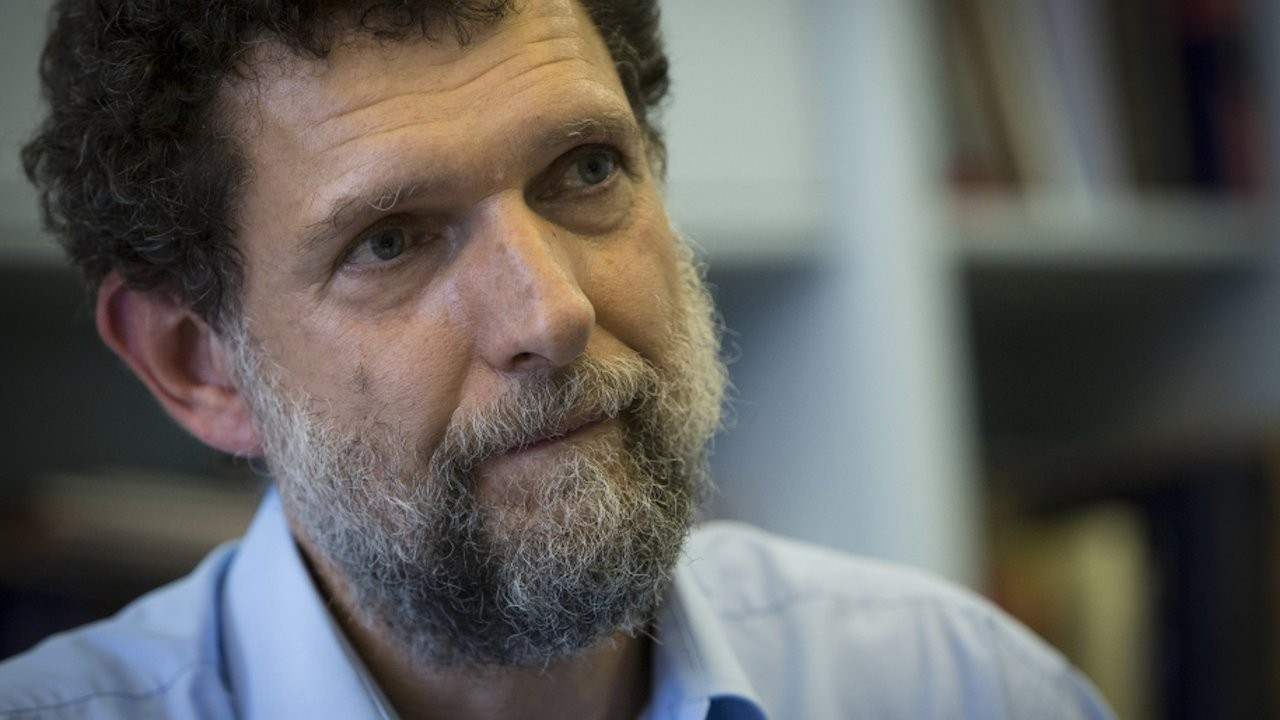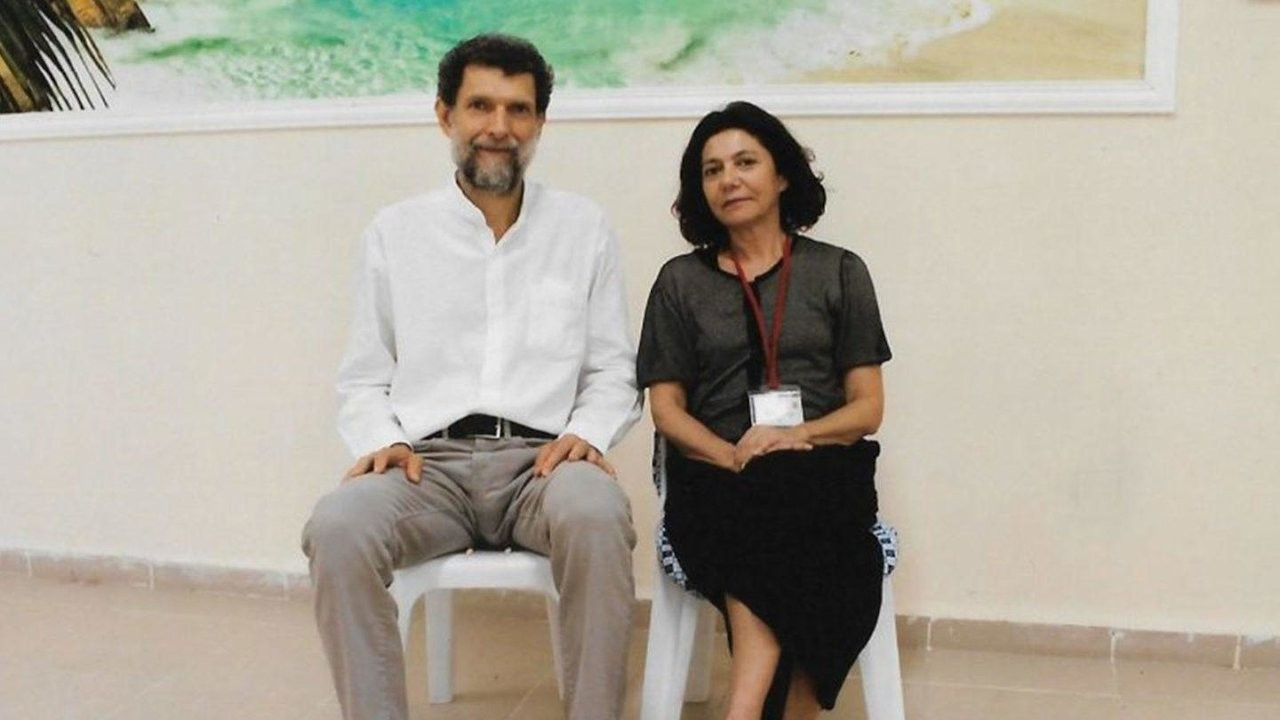Top Turkish court member refers to Osman Kavala's case as 'Kafkaesque legal spiral'
Turkish Constitutional Court (AYM) member Engin Yıldırım, who adopted a dissenting opinion in Osman Kavala's case, has referred to authorities' refusal to release the renowned philanthropist as a 'Kafkaesque legal spiral.'
Duvar English
Turkey's Constitutional Court (AYM) on March 23 released the reasoned decision of its ruling on the imprisonment of high-profile philanthropist Osman Kavala. The decision was published in the country's Official Gazette.
The Constitutional Court in December ruled that Kavala's continued detention did not violate his rights to liberty and security. Kavala's appeal was rejected in a 8-7 vote.
In his dissenting opinion, Judge Engin Yıldırım branded Kavala's imprisonment as “a Kafkaesque legal spiral” and made a reference to Franz Kafka's novel The Trial.
“In Kafka's novel The Trial, Joseph K. had all of a sudden found himself in a legal spiral and labyrinth: 'Joseph K. was living in a state of law...all laws were in force in a sound way...' In our concrete case, the applicant's release twice and arrest three times, under the almost same accusations and without the manifestation of new pieces of evidence that result in strong suspicions, resembles a Kafkaesque legal spiral,” Yıldırım said in his dissenting opinion in the reasoned decision.
Yıldırım said that Kavala's continued imprisonment violates his right to liberty and security as per the Constitution's 19th article.
First detained in late 2017 on charges related to 2013 nationwide protests that began in Istanbul's Gezi Park, Kavala was acquitted of those last year. But he was immediately re-arrested over charges related to the 2016 coup attempt.
A court agreed in January to combine the two cases against him, after an appeals court overturned the acquittal verdicts against nine people, including Kavala, in the Gezi trial.

 Three years in jail, Osman Kavala gloomy over Erdoğan's reformsHuman Rights
Three years in jail, Osman Kavala gloomy over Erdoğan's reformsHuman Rights Turkey's top court rules philanthropist Osman Kavala's rights not violatedHuman Rights
Turkey's top court rules philanthropist Osman Kavala's rights not violatedHuman Rights